The Cult of Zhotori
You've seen what I've seen. You know the end is near, for Dhanû and for all of us. But it doesn't have to be.The human form is so frail, so weak. It is so easily broken in any number of ways. Some say that the Cult of Zhotori hate humans, themselves and other, but this is not so. It is not hate, but pity. Cult of Zhotori know that mankind is doomed - nowhere is this any more evident than in the Sheoin Region, where ice and frost closes around the caverns like a noose around a neck. To survive, humanity must change. They must cast off their weakness and broken flesh to become something that doesn't just survive the horrors of Araea, but rule them.
Broken Flesh
The Human Form Is Weak In this first hymn, we recognize the truth of our existence - we are flawed, frail and weak. Flesh rends, bones break, cold makes us shiver and heat makes us sweat. Pain defines our lives. Such is our sorrow, to be born into such weakness. Such is our burden, to guide others to this truth. For the good of all.
Transcending beyond the human form lies at the core of Zhotori belief, with a heavy mixture of doom-saying and self-destructive impulse. Mankind can become more than they are and Cult seek to reforge themselves into something greater and glorious. Once they have ascended, the rest of humanity will join them - willingly or otherwise. It is, in the eyes of the cult, for the greater good of all. The cult appeals to those who are broken, hopeless or lost. It gives them both an avenue for something to hope for and a family of like-minded and equally lost souls.
Structure
The Cult of Zhotori loosely organized like a Dhanû clan, with a leader at the top, privileged higher ranked members underneath him, and everyone else toiling away beneath both. The cult exploits the same tradition of social obligation that hold Dhanû society together to bind their cultists to them. Rank is in theory supposed to reflect how far along their ascension a cultist is or how much they have contributed to the cult, but those with money and power usually end up in the elite. They enjoy more privileges and less punishment, at least unless they attempt to leave.Hate Weakness I will not hate others. To fail and fear is human nature. I will only hate myself. I know my weakness and I will hate it. My hate will drive me. It will empower me to break my flesh and mend it into something greater.
Master of Ceremony
The Master lead the ceremonies and rituals of the cult. They wear the head of a monster during their duties and wield a ceremonial talon-sword, usually coated with a powerful hallucinogenic poison should a celebrant need some encouragement.Beast-Master
The most frequently replaced role is that of the Beast-Master. They are tasked with capturing and keeping a menagerie of monsters and beasts for the cults many experiments. Death or dismemberment is not infrequent.Ascended One
Some cultists succeed. They become something... Different. These are the Ascended one and they are the cult's most closely guarded secret. No two are the same, nor is the path they take to becoming an Ascended.The Way of Ascension
Hymn of Transmutation Hollow is a life untouched by change! We are but a vessel to what we can become. Fear not the mutant, for they are blessed. Fear not the monster, for they are strong.
Rites of the Zhotori
The Zhotori are still experimenting. No true path has yet to be found, but they keep trying. Grisly rumors of human sacrifice and cannibalism dog the cult, together with accusations of blasphemous alchemy. In truth, there are few regular adherence to the cult beyond punishment and affirmations of loyalty and dedication. The cults experiments, or Mutators, concoct new schemes or trials that they hope will work. The flesh or blood of monsters are regularly consumed, while the more extreme members go out into the wild caves to commune with them.History
It isn't certain when the cult began. It dates at least a century but is believed to have broken apart and reformed several times by some scholars. Some are troubled by such resilience. The cult attributes it to the inherent truth in their message, a calling that will not be denied or silence. Others wonder who or what may be calling to them. In its current incarnation, the Cult has gone through four leaders with the last staying well away from the scrutiny of Dhanû's clans. The previous cult leader was more interested in the abuse of his position and its privilege than transformation, and was disposed. Rumor is that he was eaten alive by cultists, but such gossip is difficult to verify.Hymn of Ascension Don't fear the change. Don't fear the change. Don't fear the change.
Dhanû The Cult of Zhotori are based out of Dhanû, the great city-state of the Sheoin Region. It is a land of proud warriors and poets, to whom final, hopeless defeat is such a bitter poison that any remedy is acceptable. Anything. Read More About Dhanû
"For Your Own Good"
Punishment is a frequent element of life within the cult. Simply showing insufficient enthusiasm for whatever is going on can be grounds for discipline, always justified as something that will help the cultist. Punishments range from beatings to humiliation or prolonged isolation, becoming more severe and inventive as more infractions are incurred. Cultists that try to leave the cult are punished particularly harshly. Such people are labeled as "confused" and in need of severe guidance to put them back on the correct path.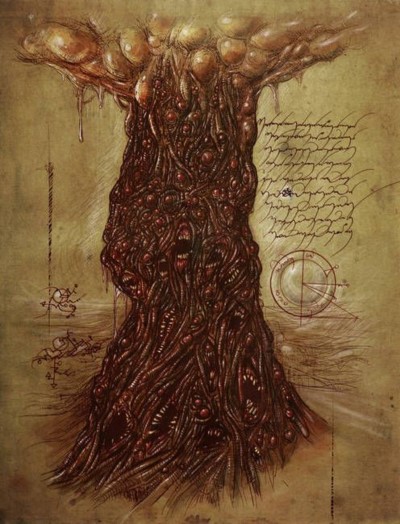
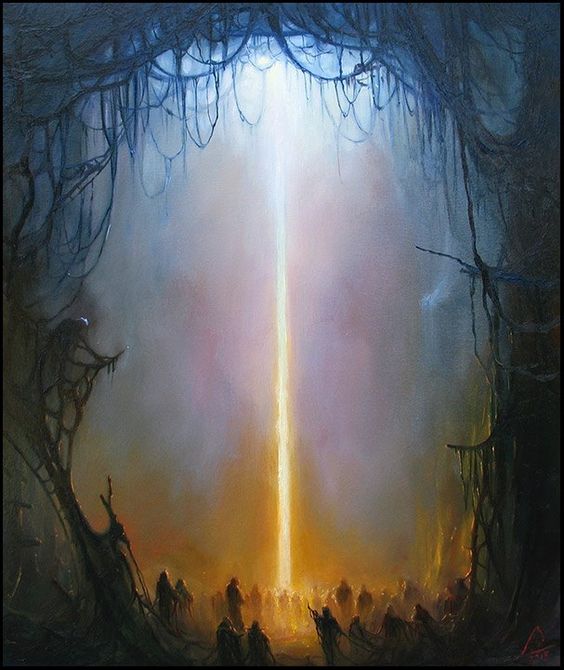

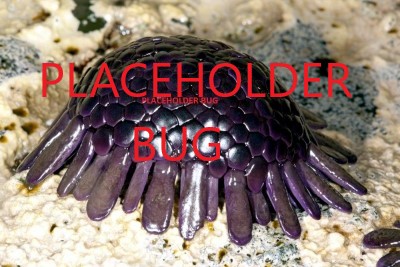
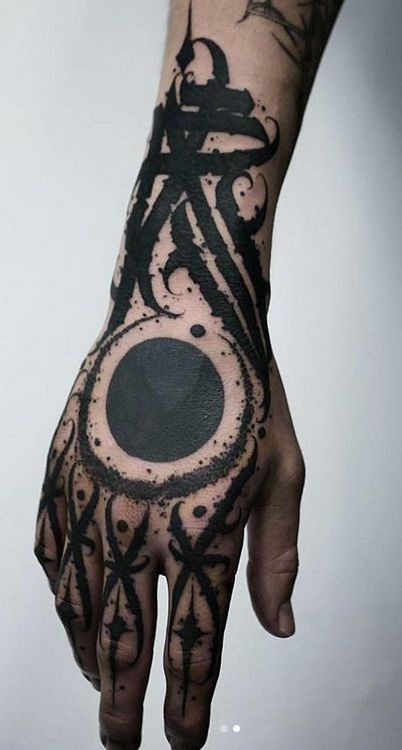
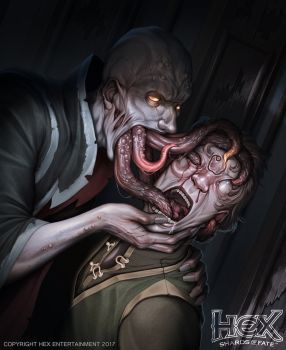


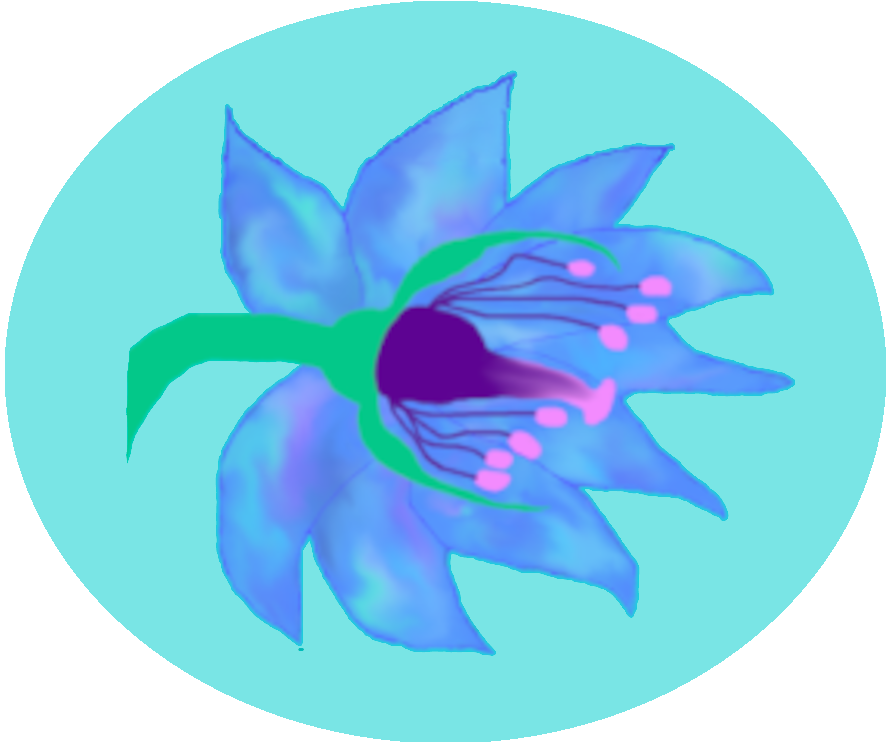
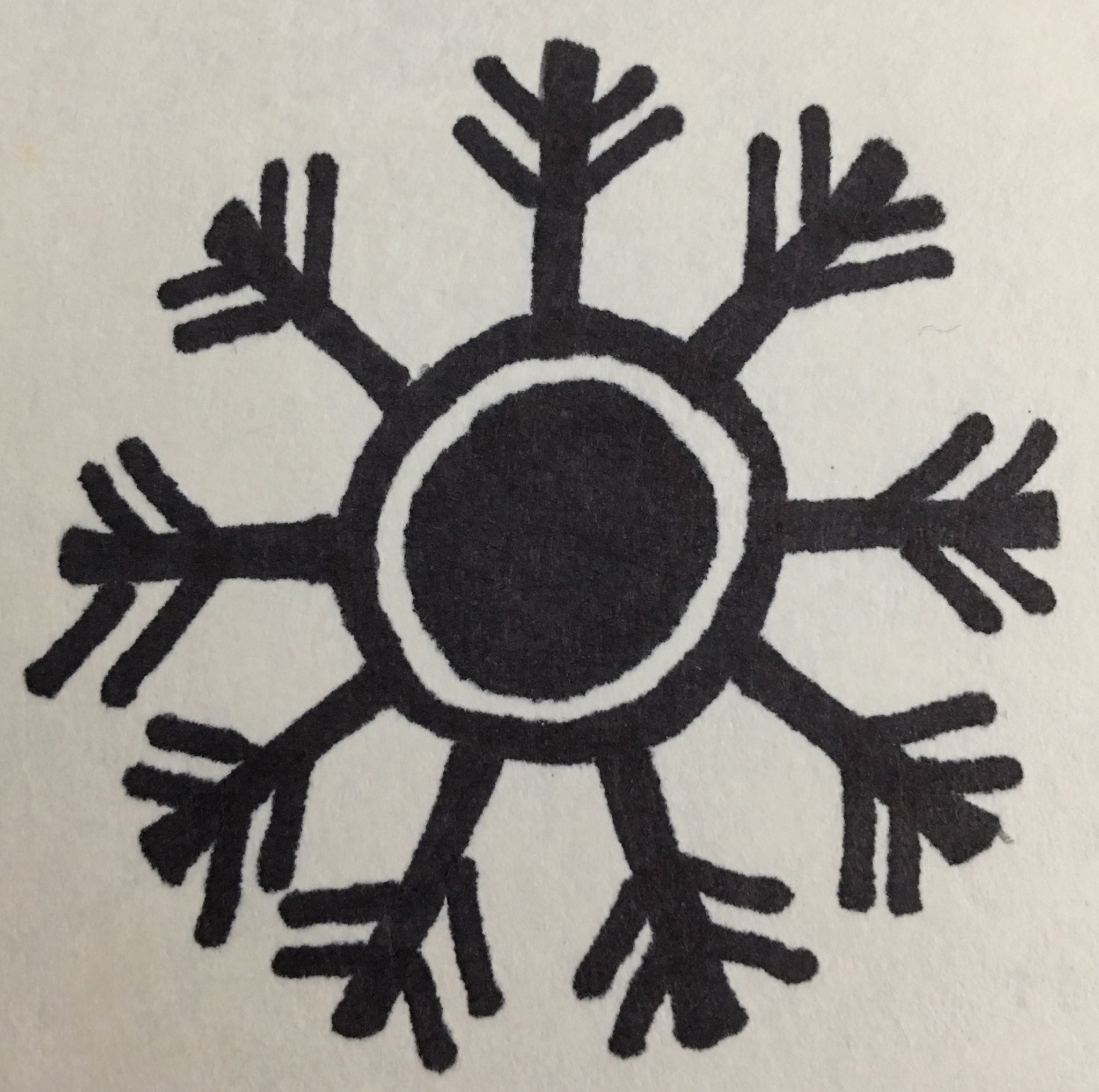

I think this might be the darkest article from you I've read yet! :P To be expected of a self-harming cult obsessed with transcending humanity I guess! Great article, Q.
Is it really self-harm if the scars sprout scales, tentacles or angry, screaming mouth-mutations? :D Thank you <3
Creator of Araea, Megacorpolis, and many others.